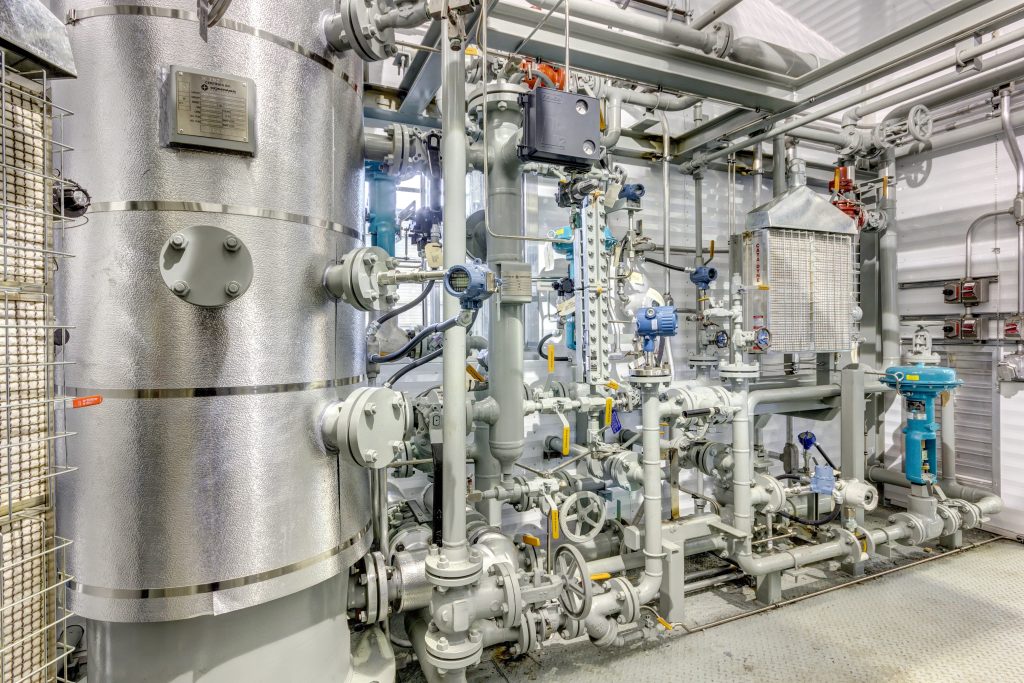Standard vs. Custom Solutions
Beyond the many other variables involved in building a gas compression package, there’s a perennial point of discussion between producers and suppliers. Will that be standard or custom?

Scott Douglas, Compass VP of Sales and Marketing, maintains either can be the right choice depending on the situation. Compass’ compression business, is in fact, basically evenly divided between standard and custom.
“We have standards that we’ve developed for the whole horsepower range, over a variety of compressors,” says Douglas. “We have that as a starting point. If somebody comes to us with no specs – just inlet and outlet pressures, and flow rates and gas analysis – we have standards that we go by.”
If the producer’s operational objectives can be achieved with a standard package, so much the better. The producer saves money compared to custom. It also reduces the amount of engineering needed, and allows for more efficient, consistent, high-quality manufacturing compared to a package that’s built less frequently.
The term standard might suggest a compression package design that’s set in stone. As Douglas explains, Compass constantly receives feedback on the performance of its standard packages and improves them over time.
“The major producers all have specifications to reflect the way they like to purchase, so that means a level of customization,” says Douglas. “Application fit, such as compressing wetter gas in the Bakken, also sometimes requires a customized product. You design your standard product to cover a certain range and beyond that, you’ve got to go custom.”
At times, however, a producer might want customization while Compass believes a standard package could do the job just as well, less expensively. The decision rests with the customer, of course, but Douglas and his account managers will advocate what they see as the most suitable, most economical solution for the situation.
“We think our standard packages cover about 70% of the situations you could encounter,” says Douglas. “Even so, custom makes sense in many situations. We’re a custom packager, but everything is built on a standard foundation.”